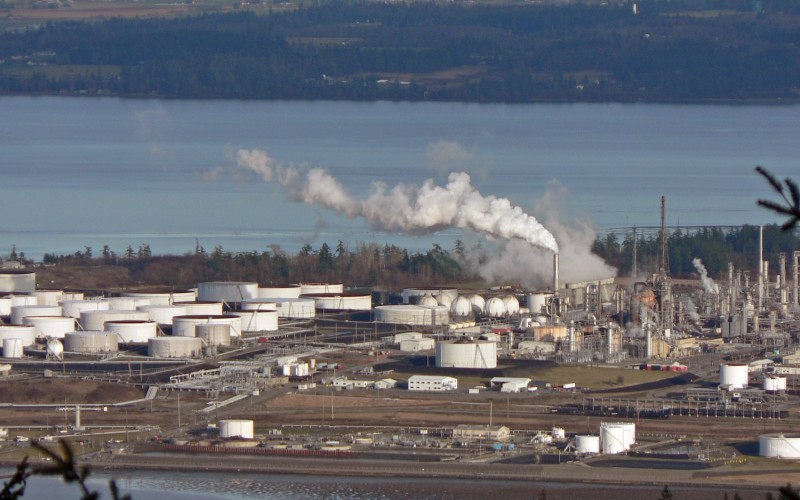Despite the overall benefits for the global economy, the prolonged period of low oil prices is likely to reduce investment in new oil projects, raising the potential for economic and political instability in some oil exporting countries.

Since OPEC declined to reduce its production rates in late November 2014, both the global oil giants and smaller players in the oil sector moved to reduce their investments and capital spending in order to sustain the potential damage to their everyday operations.
So far, energy giants such as Chevron, BP, Shell, Total and Connoco-Phillips announced massive capital spending cuts, which will in effect result in most large R&D projects being put on hold until the oil price rebound. Shell is planning to postpone 40 projects in the next two years, while Connoco-Phillips is reducing its capital spending by 33%.
This will particularly affect expensive and very demanding projects such as the mature North Sea fields, the Mexican and the Brazilian deep water, and the Canadian oil sands projects that cannot be resumed as quickly once cancelled or postponed.
However, smaller producers will bear the biggest brunt from the falling oil prices. The US shale sector, represented primarily by smaller companies, is heavily indebted. And with falling oil prices, it will be hard tocontinue attracting investors and capital on the pre-fall scale. Although the EIA forecasts an increase in US oil production in 2015 and 2016, the number of oil rigs in the US will simultaneously fall by an estimated 30%, as the industry rapidly scales down costs.
In this respect, it seems that the OPEC tactics of continuing with high oil production levels in order to preserve its market share and force the US producers out of business with unsustainably low prices will actually reap results.
However, the outcome might be damaging for the overall oil industry in the long term. Around $1 trillion of spending on future oil projects is under question if the period of low oil prices continues, which in turn will result in 7.5 million barrels per day cut in global production over the next decade.
At the recent World Economic Forum in Davos, the heads of oil corporations warned that the period of low prices could last more than initially perceived. The BP boss Bob Dudley forecasted the oil prices to stay low for the next three years, and the head of ENI Claudio Descalzi, although with only 12 to 18 months low price forecast, warned of the potential for oil prices to hike up to $200 per barrel, following the weak investment cycle as a result of low prices. In addition, low demand and weakness in the global economy could additionally prolong the oil glut and the period of low oil prices.
Which raises equally important geopolitical aspects of instability in oil markets. Strong swings in oil price were often a powerful accelerator of political trends in the past, and the recent slump might not be an exception. Most oil exporters have been increasing their budget breakeven price during the past decade of high oil prices, and the sudden slump will put an additional strain on their political stability.
Iraq and Libya are particularly affected with the combination of political volatility and high dependency on oil exports, along with Venezuela and Nigeria, but also Bahrain and Oman with a high break-even price needed to balance their books. Even countries with strong cash buffers and relatively stable political regimes, such as Saudi Arabia and Russia, will feel the strain of low oil prices in combination with other political factors. In this view, 2015 could produce some surprising political developments.
sourche: http://globalriskinsights.com/2015/02/oil-sector-expected-to-reduce-investment-in-new-projects/

Δεν υπάρχουν σχόλια:
Δημοσίευση σχολίου